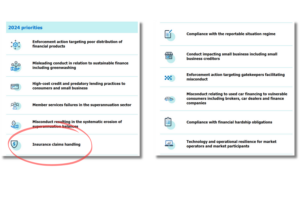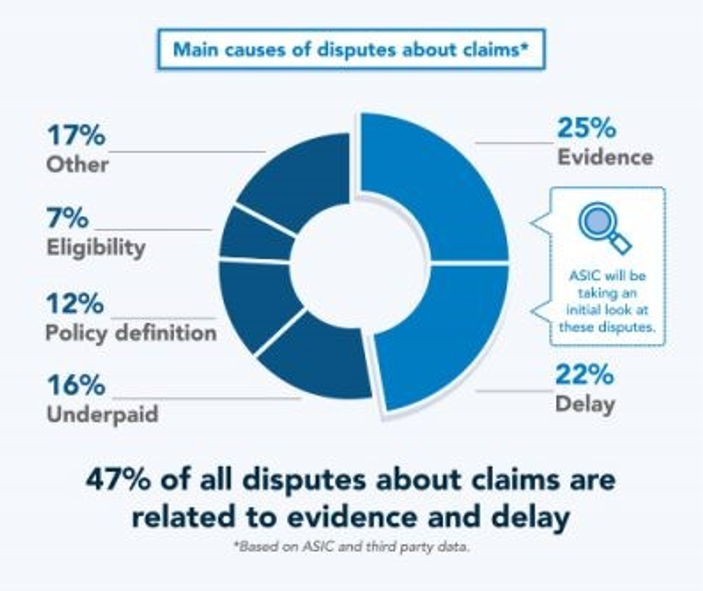By Guest Contributor: Trevor Battersby, TPD Claim Support
As a professional in the insurance claims space, I’ve been closely following the developments in claims handling and settling regulations. I want to draw attention to a critical document that all financial planners and dealer groups need to be aware of: ASIC’s Information Sheet 253 (INFO 253).
This document, which came into effect in January 2022, outlines the obligations for anyone providing claims handling and settling services for ASIC-regulated insurance products. It’s not all doom and gloom, but it’s crucial that planners who want to continue providing these services comply with this legislation.
Key Points from INFO 253
The information sheet covers several important areas:
- Definition of ‘claims handling and settling service’
- Application of the AFS licensing regime to these services
- When an AFS licence or variation for claims handling and settling is needed
- Who can handle and settle claims on behalf of an AFS licensee
- Obligations of an AFS licensee in relation to claims handling and settling
- Application process for an AFS licence or variation, including transitional arrangements
What Dealer Groups and Financial Planners Need to Know
While I don’t work for ASIC, my experience in the field has given me insights into how this might be interpreted and executed. On page 12 of the document, there are 12 dot points, but two stand out to me:
- Maintain the competence to provide the financial services
- Adequately train your representatives and ensure they are competent to provide the financial services
For dealer groups and financial planners, this means you need to document and support your claims handling and settling services. This isn’t just about soft skills – you need sound systems and processes as well.
Critical Considerations
Based on what I’m seeing in the field, here are some key considerations:
- Make CPD points or sessions on Claims Handling and Settling Services mandatory
- Increase rigour around who you allow to handle claims and how they get accredited
- Audit “decline” cases for coaching and planner protection purposes
- Implement a documented system or process for claims submission
The Growing Risk Factor
I believe “risk” is becoming the single biggest factor in our profession, and claims are not exempt. With the depletion of Risk Specialists and Financial Planners, we’re seeing the legal fraternity actively “taking away” TPD Claims and litigating against insurers and Financial Planners.
Some major legal firms now have dedicated teams for litigating against financial planners. If a client’s TPD Claim is unsuccessful and a No Win No Fee legal firm overturns the decision, consider the potential consequences:
- Retrospective action against you or your Professional Indemnity insurance
- Liability for delays or declines if you lack proper systems or processes
- Risk exposure if you can’t demonstrate Higher Education or proven skillsets in Claims Handling and Settling
- The need for a “specific claims fact find” to avoid flying blind from the start
A Call to Action
I urge all financial planners and dealer groups to:
1. Familiarise yourself with INFO 253
2. Understand your compliance requirements
3. Discuss educational requirements with your Dealer Groups
4. Review your claims “systems and processes”
5. Escalate any Permanent Failure matters or declinations
By taking these steps, we can protect ourselves, our practices, and most importantly, our clients.
Trevor Battersby
~~~~~~~~~~~~~~~~~~~~
Reference links
Claims handling and settling: How to comply with your AFS licence obligations | ASIC
ASIC enforcement priorities | ASIC
Trevor Battersby is the founder of TPD Claim Support and will be presenting at the upcoming Risk Support Showcase on 12 November 2024. Join him to learn more about navigating claims handling and settling in the current regulatory environment.
Head here for more on the Showcase event – Risk Support Showcase
More on their services can be seen in our directory here – TPD Claim Support





